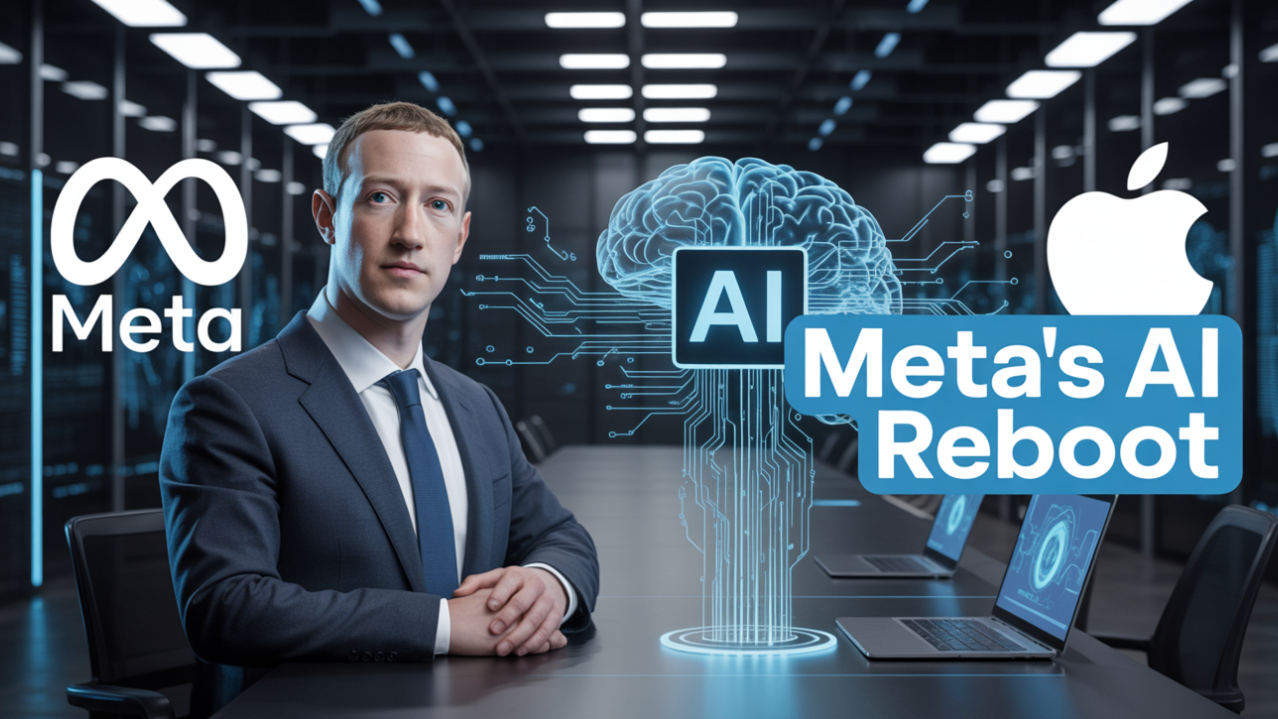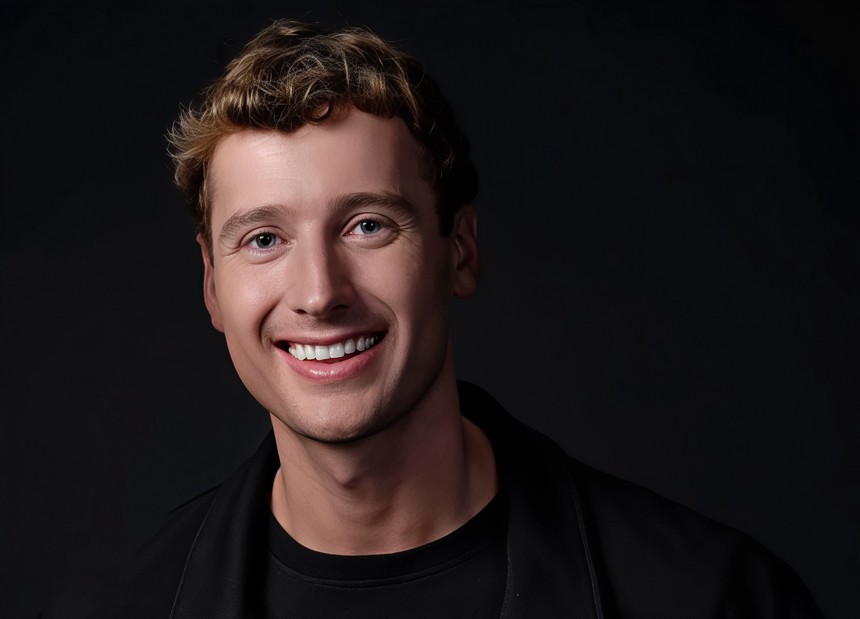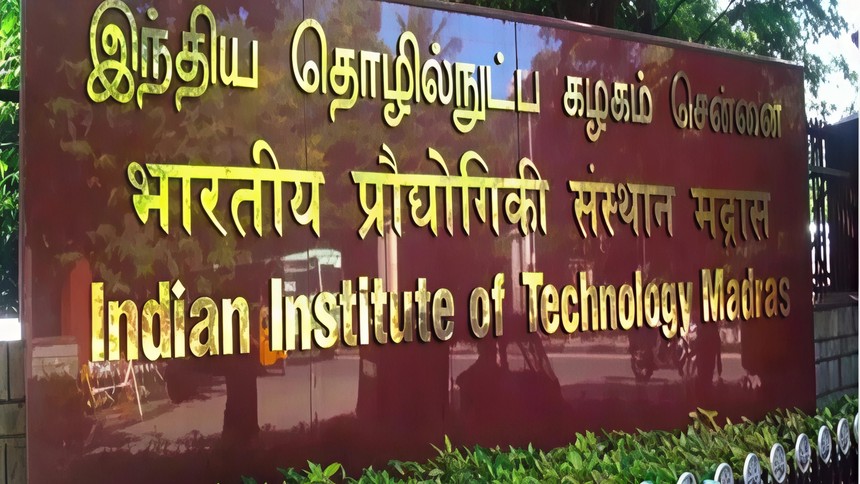Mark Zuckerberg has announced a major restructuring of Meta’s AI unit with the launch of Meta Superintelligence Labs. Led by Alexandr Wang and supported by AI veterans from OpenAI, Google, and Anthropic, the new division aims to lead Meta’s next phase in large language model development.
Meta is making a major push toward next generation artificial intelligence with the launch of Meta Superintelligence Labs, a newly created unit that will now lead the company’s AI ambitions. This move is part of a larger internal restructuring by CEO Mark Zuckerberg, who aims to position Meta as a global leader in AI innovation. The new team is not only tasked with developing advanced large language models but also represents Meta’s most aggressive talent acquisition yet, pulling top minds from rival firms like OpenAI, Google DeepMind, and Anthropic.
Heading this new initiative is Alexandr Wang, former CEO of Scale AI, who joined Meta this month. Zuckerberg, in an internal memo to staff, praised Wang as one of the most impressive founders of his generation. Wang takes on the role of Chief AI Officer at Meta and will be working closely with Nat Friedman, the former CEO of GitHub, who is joining as a strategic partner to guide this new group. The duo is expected to lead Meta’s AI division under the new banner of Superintelligence Labs, or MSL.
According to reports, Meta has already onboarded 11 top tier AI engineers and researchers from across the tech world. These include individuals with deep experience in developing and scaling some of the most advanced AI systems currently known. Among them is Trapit Bansal, co creator of OpenAI’s o series models and a key figure in reinforcement learning research. Others include Shuchao Bi, who worked on GPT 4o’s voice mode, Huiwen Chang, who contributed to image generation systems at Google, and Ji Lin, a former OpenAI engineer with experience across multiple GPT iterations.
The new hires are said to be receiving eight figure compensation packages, reflecting the fierce competition among tech giants to secure top AI talent. Each member of this elite group brings specialized knowledge in fields like multi modal learning, large scale inference, performance optimization, and synthetic data training. This collective experience is now expected to power Meta’s next leap in artificial intelligence development.
Wang confirmed his new role on social media and introduced the members of the MSL team in a public post. Their resumes include projects like Gemini, Chinchilla, Muse, and GPT 4o, covering everything from perception models to advanced reasoning stacks. With such a team in place, Meta is preparing to build AI systems that aim not just to match competitors but to outpace them in capability and sophistication.
Zuckerberg has been vocal about the company’s future vision in AI. He believes that building superintelligence is now within reach and could usher in a new era for humanity. His comments suggest that Meta will go beyond just creating consumer facing tools and instead invest in foundational breakthroughs that could define the next generation of computing.
This shift also aligns with Meta’s broader pivot toward integrating AI into all its platforms. From Instagram to WhatsApp, the company has begun deploying AI assistants and features aimed at improving user experience, content creation, and personalization. The formation of MSL signals that Meta is moving from surface level applications to core technology development, seeking to control the building blocks of future AI ecosystems.
Meta has previously faced criticism for lagging behind other tech companies in AI innovation, but with the formation of Superintelligence Labs and the recruitment of world class AI architects, the company is sending a clear message. It is not just catching up. It is preparing to lead.
For more updates on Meta’s AI transformation and other tech breakthroughs, follow Tech Moves on Instagram and Facebook.














